Banking and financial services
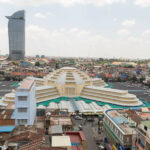
According to the Annual supervision report 2020 by the National Bank of Cambodia (NBC), the key bodies in the banking system consists of:51 commercial banks12 specialized banks75 microfinance non-deposit taking institutions6 microfinance deposit-taking institutions245 rural credit institutionsIn addition, there are financial leasing companies, third-party processors, ...
Patient rights
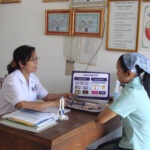
Access to quality healthcare is fundamental to enhancing citizens’ livelihoods and advancing towards more sustainable growth and development in countries all over the world. Along with increasing public demand for better health infrastructure and adequate access to healthcare services, many countries face the need to ...
Forest protection

Deforestation has always been a problem in Cambodia since the 1970s, and it has aggravated inthe last decade. Some protected areas have been deforested. Between 2001 and 2018, Cambodia had lost 557,000 hectares (11.7%) of forest cover in protected areas.111 This loss has had an ...
Carbon trading and other Payments for Ecological Services (PES)
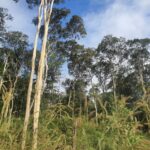
Forest view. Photo by Open Development Cambodia, taken on 05 December 2021. Under license CC BY-SA 4.0.Cambodia is covered with forest, accounting for around 13.1 million hectares in 1973, and it is had fallen to 8.7 million hectares in 2014.165 However, based on the Ministry ...
Extractive industries
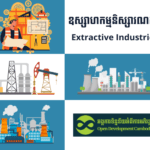
Extractive industries include mining and mineral sectors, natural gas and oil exploration, petroleum refineries, and quarrying for construction resources such as sand, stone, and gravel. Cambodia’s extractive resources have gone largely untapped, while these resources are geographically identifiable. French and Chinese geologists have been indicated ...
Water and sanitation
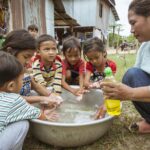
Children in Moung district, Battambang province, wash their hands with soap and water. Photo by WorldFish Cambodia, taken on 08 November 2018. Licensed under (CC BY-ND 2.0).Recognized as a global crisis, the United Nations has included water and sanitation in Sustainable Development Goal 6, ensuring ...
Ministry of Women's Affairs
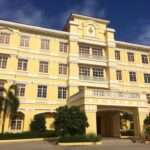
Ministry of Women’s Affairs. Photo taken from the Ministry’s Facebook Page, taken on 17 September 2016.EstablishmentUnder Royal Decree No. NS/RKM/0197/22, the Ministry of Women’s Affairs was formally established on 24 January 1996. The Ministry became the Ministry of Women and Veteran’s Affairs under the Royal ...
Ethnic minorities and indigenous people
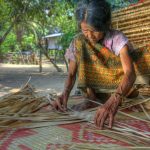
According to the Kingdom of Cambodia’s 2019 general population census, the total Cambodian population is 15,552,211 (51.31% of females).483 By 2021, the population increased to 16,589,023.484 Vietnamese, Chinese, Chams and other minorities also live in the country. Indigenous ethnic groups known as “Khmer Loeu” live ...
Civil and commercial litigation
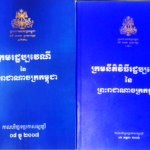
Since 1993, the Royal Government of Cambodia (RGC) has been working to reform the country’s legal framework, and in particular the application of justice, to provide a clear and fixed procedural system to ensure respect for individual rights and equality before the courts.519 In theory, ...
Judiciary and courts
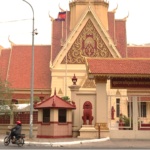
The judiciary is one of the three powers, together with the executive (the Government) and legislative (the National Assembly and the Senate), that constitute the state. 555 Its role is to monitor the application of the law and punish its violation. This power is vested ...
Constitution and rights
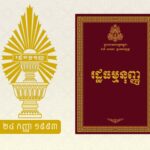
The Constitution of the Kingdom of Cambodia was officially promulgated by Royal Kram on 24 September 1993. Image designed by Open Development Cambodia (ODC), 10 September 2021. Licensed under CC BY-SA 4.0.The 1993 Constitution of the Kingdom of Cambodia is the supreme law of the ...
Land tenure and land titling
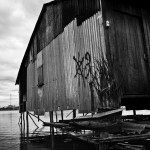
Land registration and titling of private property has been ongoing for more than a decade. As the Cambodian government works to formally register all private property, there is a dual system of soft possessory rights to be replaced by hard ownership rights through nationally-recognized title. ...
Solid waste
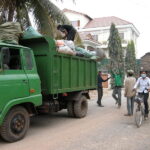
Trash collection in Siem Reap province, Cambodia. Photo taken by David Villa, taken on 12 January 2008. Licensed under CC BY 4.0 DEED.Solid waste is defined as “used things, materials, or products that remain or are generated from human daily activities and livelihood and do ...
Court monitoring
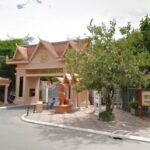
Respect for strong values is the key to citizens’ trust in their courts.711 The international values recognized for judges are independence and impartiality, integrity, equality of treatment, diligence and competence. A judge cannot both decide a case and have a personal interest in its resolution. ...
Science and technology education and promotion

Cambodia recognizes the important role of science and technology in the 21st century and aims to transform and integrate technology into its human resources through the education sector. Various policies and strategies are implemented to achieve the goal such as Policy guidelines for New Generation ...
Criminal litigation
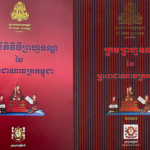
Criminal litigation refers to the judicial procedure held before a criminal court to resolve accusations brought against a person accused of a criminal offense. As defined in the law, “The purpose of a criminal action is to examine the existence of an offense, to prove ...
Environment and natural resources policy and administration
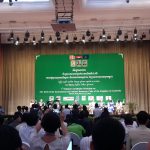
The 7th National Consultation Workshop on the Draft of the Environment and Natural Resource Code of the Kingdom of Cambodia. Photo by Open Development Cambodia, taken on 22 March 2018. Licensed under CC BY-SA 4.0.With 76% of its people living in rural areas,885 Cambodia holds ...
Forest protection support
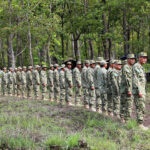
Cambodia is struggling to safeguard its forests while preserving economic growth since many people make a living via farming, logging, and other activities that might lead to deforestation. Almost 80% of Cambodians living in rural regions rely on forests for survival. On the other hand, ...
Industries
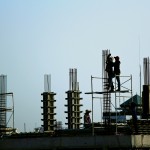
Industries in Cambodia (excluding extractive industries and mining) are mostly within the garment, light manufacturing, agricultural, construction and tourism sectors. The Royal Government of Cambodia has set directions to transform Cambodia into a middle-income economy by 2030 and high-income country by 2050, as mandated in ...




